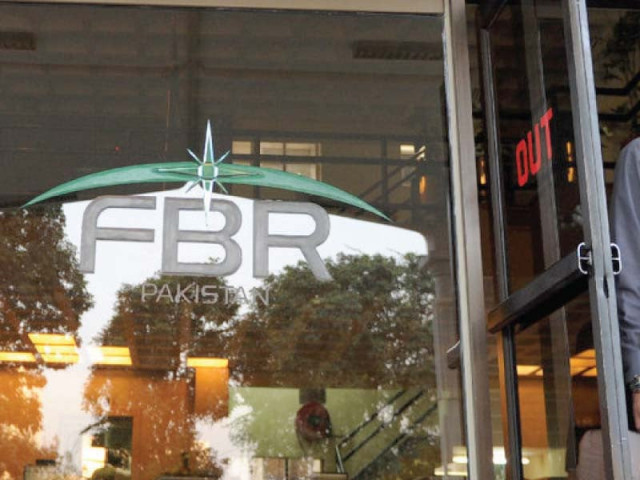SC concerned over IHC’s handling of FBR’s supertax recovery
Says that high court acted with ‘undue haste’ in passing interim order

The Supreme Court has expressed concerns regarding the Islamabad High Court's (IHC) move to issue a restraining order to the Federal Board of Revenue (FBR) concerning the recovery of supertax as per Section 4C of the Income Tax Ordinance 2001, as amended by the Finance Act 2023.
Justice Syed Mansoor Ali Shah, in a four-page order, stated, "We observe, with respect, that the High Court acted with undue haste in making the impugned interim orders without giving notice and without providing an opportunity of hearing to the prescribed law officer.”
I stated that the interim orders “suffer from this inherent vice and deserve to be set aside on this account alone”.
A three-judge bench led by Justice Shah heard the FBR petition against IHC's interim order.
The order said that the respondents’ applications for interim relief shall be decided by the high court after affording a fair and reasonable opportunity of hearing as envisaged under Article 199(4) of the Constitution. The high court shall also identify the order or proceedings under challenge in terms of Article 199(4)(b)(ii) of the Constitution.
It stated that the IHC will also attend to the other contention of the learned counsel for the petitioner regarding the suspension of legislation through an interim order in light of the law cited by her.
Also read: SC allows FBR to recover super tax
Given that the matter pertains to the assessment and collection of public revenue, we expect that the High Court will decide not only the applications for interim relief but also the writ petitions as expeditiously as possible, it added.
The court also said that the present petitions challenge the interim orders of the high court, “and we are fully cognisant of the established practice and policy of this court, whereby it does not ordinarily intervene in the interim orders of the high courts”.
The apex court noted that such an intervention is warranted only in exceptional circumstances, such as cases involving a flagrant violation of law, a clear wrongful exercise of jurisdiction or a manifest grave injustice.
"In the present case, the exceptional circumstance is the alleged violation of the constitutional requirement of granting interim relief under Article 199(4) of the Constitution. Hence, we proceed to examine the impugned order on merit."



















COMMENTS
Comments are moderated and generally will be posted if they are on-topic and not abusive.
For more information, please see our Comments FAQ